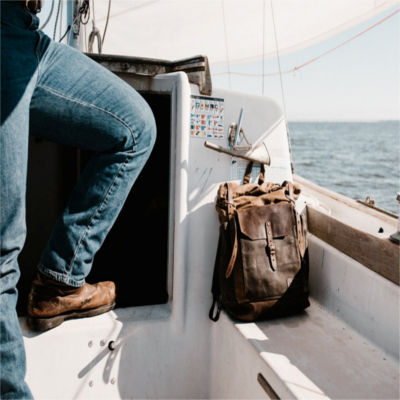Searches
Searches

Do police get to search me whenever they want to?
No. You have the right to be free from what the law calls “unreasonable searches and seizures.” This means that the police can’t search your clothing or your things unless it is “reasonable” for them to do so. Generally, the police are allowed to search you:
- if they have your permission;
- if they have a search warrant;
- if there is an emergency;
- if you are under arrest; or
- if they think you have a weapon on you.
The legal rules about searches are complicated, so there are also other situations when police may be allowed to search you. One important thing you should know is that if you consent, police can search anything at all. In other words, if you agree to allow them to search, you give up your right to be free from unreasonable searches. Police officers will often ask you if they can search your things. If this happens, you have the right to say no. The police cannot use your refusal as evidence that you are guilty or that you have something to hide. If you do give your permission, you should be clear about what is okay to search. For example, you could say, “You may search my backpack, but not my body.”
What is a search warrant?
If you don’t agree to let the police search you, they may get a search warrant that allows them to search you, your backpack, your car, your home, or other places specified in the search warrant. The police have to apply for a search warrant by explaining to a judge, in writing, why they think they need to search you. The judge is responsible for deciding whether the reasons the police give in asking for a search warrant are enough under the law to justify a search of your or your things. If police obtain a search warrant, it should describe specifically what they are allowed to search.
What if the officer wants to search my car or my backpack or my pockets?
If you haven’t consented and you think the officer is making an improper search, you should politely object. If the officer says he or she has a search warrant, you have a right to see it and read it. If the officer insists on searching without a warrant and without your permission, you should remain cooperative and polite. Remember as much as you can about what happened and tell your lawyer. If the search was illegal, your lawyer may ask the court to suppress anything the officer finds. If a court rules that the search was illegal, any suppressed items will probably not be allowed as evidence in court.



